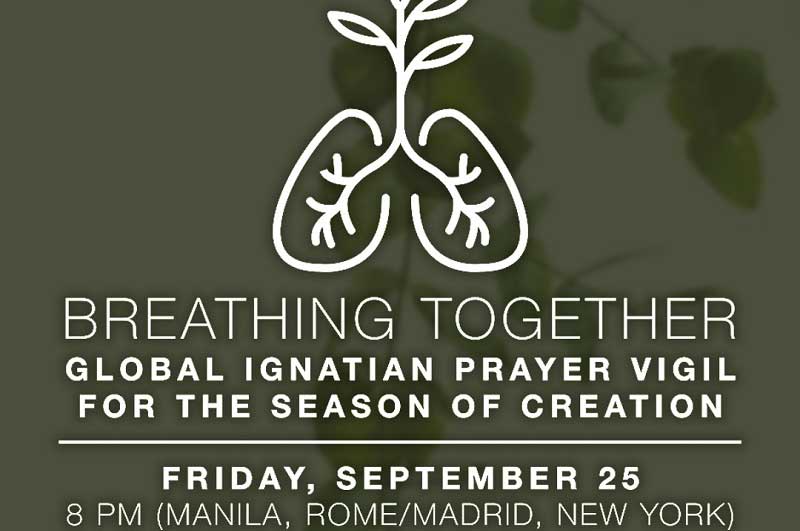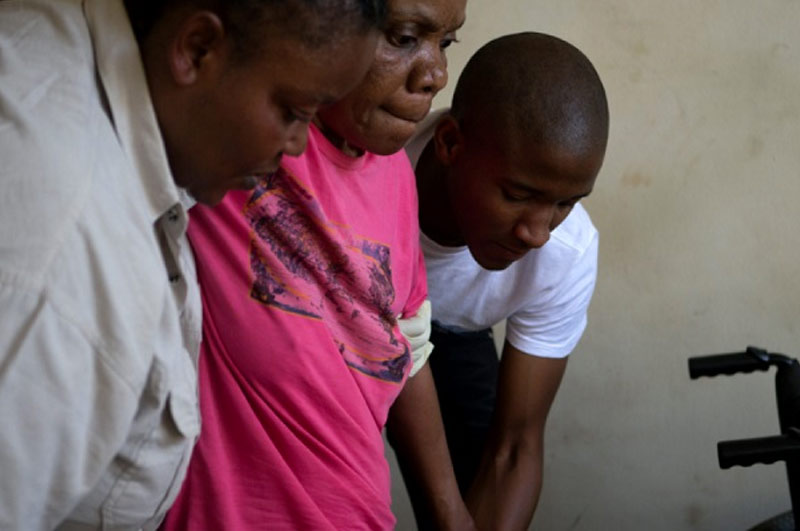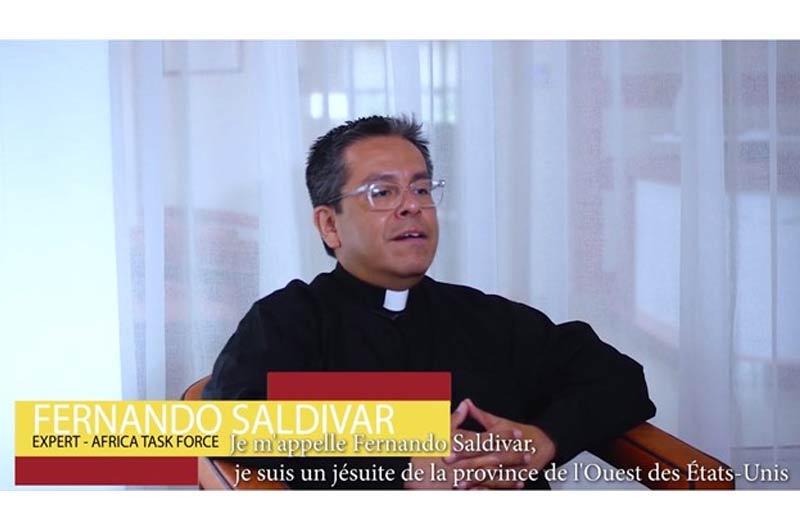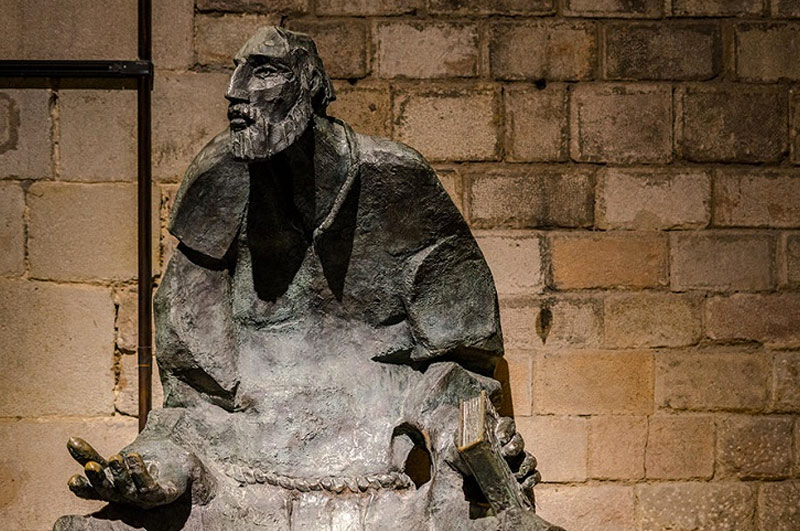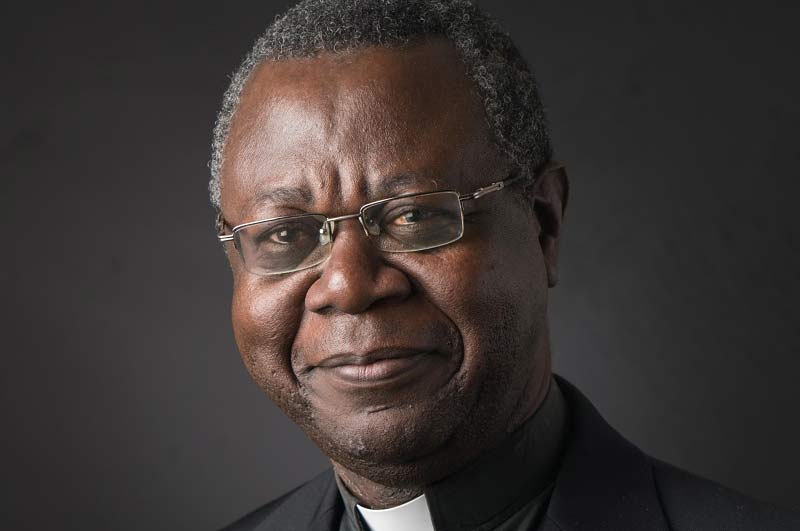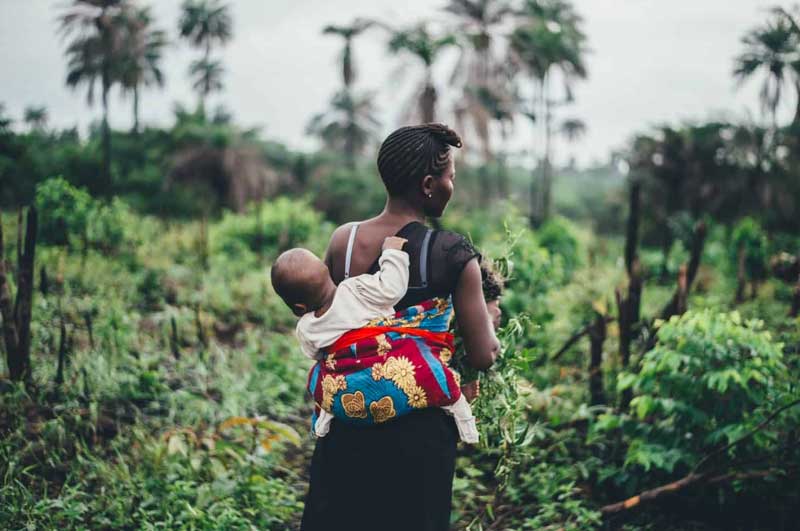


What is the value of human life? While there seems to be an agreement that such a question is worth asking, there is much debate on what ought to be its appropriate response. The incongruity in the responses to this age-old question has led to the heart-rending atrocities at Auschwitz, the bombing of Hiroshima and Nagasaki, the horrible history of slavery and colonialism (in Africa, Latin America and elsewhere), and other life-stifling acts of the modern era, eloquently evident in the recent death of George Floyd by some officers of the Minneapolis police department. Floyd’s brutal death has made it imperative to ask this question again, and to struggle concertedly to etch definitively on the global consciousness, the intrinsic value of human life and the respect it deserves.
The urgency of this matter has been heightened by weeks of protests under the slogan of “Black Lives Matter.” Floyd’s death is the catalyst of the recent protests, but it can also be understood as the result of an accumulated, genuine grievance against the structural racial injustice that characterize U.S. society. Many Americans and non-Americans have linked the contemporary Black-White relations in America to that which existed during the days of slavery, arguing that such kind of relations keep the legacy of slavery alive (in new clothing) several decades after the 13th Amendment abolished slavery in the U.S. In the face of such an unhealthy racial climate, the hope for equal rights of life, liberty and the pursuit of happiness for all men and women envisioned by Martin Luther King Jr’s in his 1963 speech, “I Have a Dream,” and those of others, seem far-fetched.
For decades, Black people in the U.S. have struggled to keep pace with their White counterparts in social, economic and political spheres and — regardless of consequential efforts — they continuously find themselves lagging behind due to social racial prejudice. Therefore, calling attention to this deplorable reality and insisting that Black lives matter is not to say that only Black lives matter, nor that only Black people have been victims of social inequalities. It is, rather, a way of zeroing in on a problem that is often neglected by the social structure that privileges White people. It is a lamentation against the valorization of White lives at the detriment of those of Black people, using the death of Floyd as the most recent proof. This is what gives the “Black Lives Matter” movement its urgency and indefeasible value that cannot be successfully countered or tamed by any malicious appeal to the idea that all-lives-matter in the U.S.
Yet the Black Lives Matter movement teaches us something more, something that goes beyond the geographical space of the American society it deplores. While the protests are believed to be making significant impact in the U.S. social consciousness, their ripple effects across the world (in the U.K., Austria, South Africa, Hong Kong, France, Tanzania, Japan and Kenya among others) render the clarion call that black lives matter even more profound and global.
While the global reactions have revealed the human capacity for solidarity in the face of social injustice, it has also shown that no nation is innocent in the crime against human life. This, therefore, enlarges the scope of what the Black Lives Matter protests call for. While it is fundamentally about the need for respect and valorization of black lives in the U.S., it could also, in a larger sense, be about the dignity of human life in general, especially in marginalized communities around the world.
The problem is that our notion of respect and dignity of human life is still steeped in the musty legacy of segregational view on human life. We still define human life along the lines of race, culture, religion, social and political status. We judge it in the same subjective manner we perceive beauty and judgment: just as we believe that beauty is in the eyes of the beholder and that judgment is in the mind of the judge, so too the quality of respect that is due to human life is to the extent that an individual chooses or deems proper. So long as these continue to play a primary role in how we understand and relate to human life, we will not rise above subjective perception that clouds a broader and richer view of human life.
Race and culture remain important anthropological realities. They contribute to the enrichment of the experience of life. But human life, by all accounts, precedes race and culture and personal caprices. These, in relation to the primacy and universal nature of life, are secondary. Life is objective. It is the condition that makes it possible for all other human characteristics. That is why when life exists we recognize its existence as we do when it is absent.
Furthermore, cultural and racial essentialism demean the possibility and dignity of life and permit violence on people outside the circle of a particular culture and race. We urgently need to recognize and valorize what Pope John Paul II called the “culture of life.” It is for this reason that the death of Floyd and the global reactions that it has sparked off can be seen as a catalyst for a universal reminder of the dignity and sacredness of human life. The distinction we make between “black lives,” “white lives,” and “coloured lives” is problematic. We need an unlearning of the inherent dominative and destructive nature of this kind of dichotomy. It is a social virus that prepares the ground for violence against human life.
So the global “Black Lives Matter” or “Black Spring” protests, as some have called it, is not only fundamental in the sense that it condemns racial injustice against blacks but also, in the final analysis, it is a clarion call in defense of human life at large. This global view ought to be seen as an invitation to the renaissance of life’s a priori value, which does not depend on the value-giving role of the human person. Human life is human life, plain and simple. When we begin to see “white,” “black,” and “coloured” as mere predicates of what is primary — life — then we will begin to see human life as dignified and sacred. It is from this perspective that we can think of the “Black Lives Matter” movement as both a call to particularly valorize Black lives — since Black people have been subjected to systemic racism — as well as a global call to the respect of human life.
Article first appeared at: Jesuit Post | Image by Annie Spratt on UnsplashRelated Articles
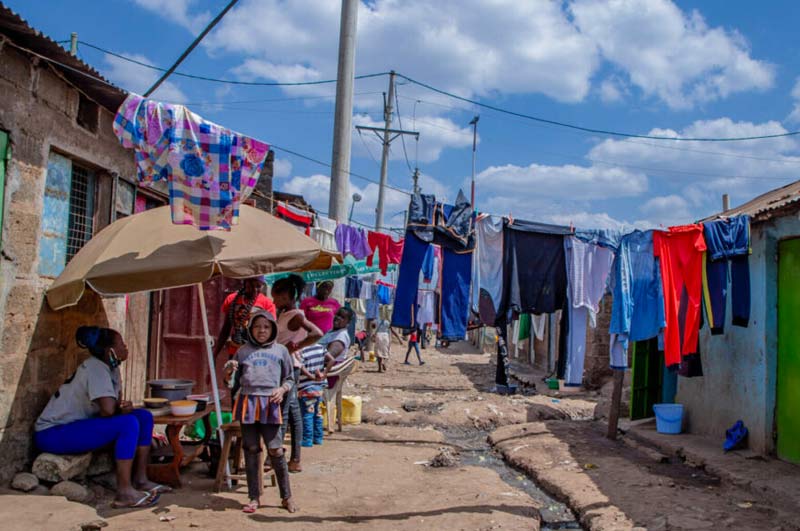

Select Payment Method
Pay by bank transfer
If you wish to make a donation by direct bank transfer please contact Fr Paul Hamill SJ treasurer@jesuits.africa. Fr Paul will get in touch with you about the best method of transfer for you and share account details with you. Donations can be one-off gifts or of any frequency; for example, you might wish to become a regular monthly donor of small amounts; that sort of reliable income can allow for very welcome forward planning in the development of the Society’s works in Africa and Madagascar.
Often it is easier to send a donation to an office within your own country and Fr Paul can advise on how that might be done. In some countries this kind of giving can also be recognised for tax relief and the necessary receipts will be issued.


